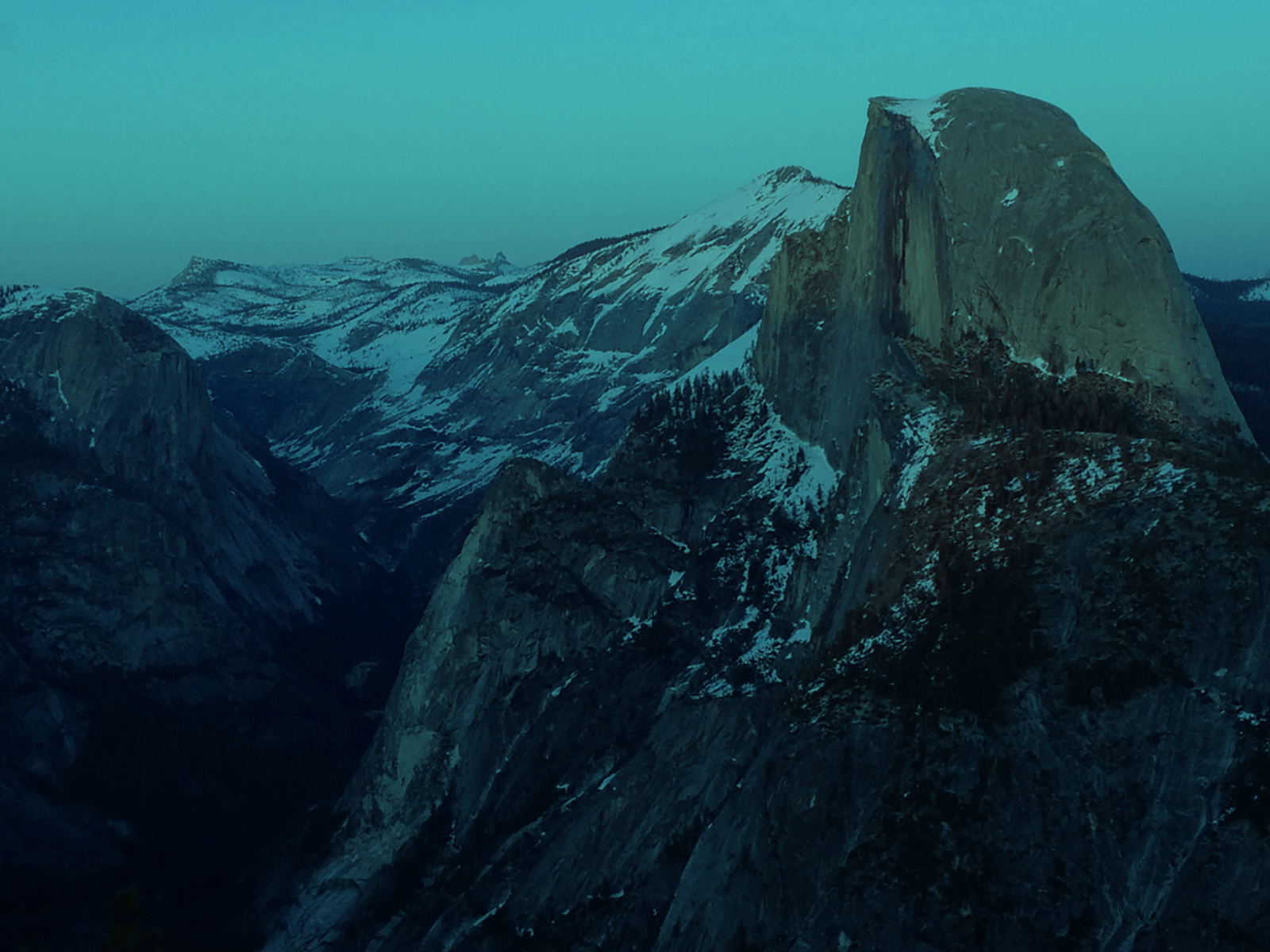By: Maura Morales

In today's digital world, Generation Z is bridging the divide between those who consume media through traditional channels and those who consume news in different ways. We see this most acutely amongst Gen Z Latinos. About 25% of Gen Zers in the U.S. are Latino according to the Pew Research Center. This means that Generation Z Latinos have a big opportunity to change how media is produced to better represent their community and to challenge media organizations to better support these pioneering initiatives.
No other initiative was as revolutionary for this young and diverse demographic as the De Los Angeles Times platform. De Los brought news and commentary that mixed cultural stories with real life issues coupled with a 90s hood aesthetic and branding that appealed to young Latino readers. These stories were accessible using bilingual dialogue and digital platforms such as Instagram and TikTok to reach wider audiences.
In a blink of an eye, the team that set up this progressive platform was dismissed from the LA Times. In January of 2024, the LA Times announced significant layoffs of 115 employees due to substantial financial losses – making this one of the largest staff reductions in the institution's 142-year history. These layoffs severely impacted Gen Z journalists and staff who brought trailblazing ideas, like De Los, to the traditional news platform.
Initiatives that produce news in authentic and accessible ways is desperately needed to increase engagement with readers, including Gen Z. Community-driven programs need to foster a strong bond between the journalists writing the stories and the audience receiving the news. Cultural identity needs to be protected in these efforts to increase coverage on communities that so often lacked representation in mainstream news outlets. Setbacks like the layoffs at the LA Times hurt the new frontier of what journalism could look like for these communities.
Traditional news outlets need to foster these ideas instead of cutting programs the first chance they get. This follows the unfortunate recurring pattern where communities of color are disproportionately affected during challenging times. As Latino Gen Z journalists and staffers come into the industry more and more, they must be supported in their work and ideas. The digital generation understands that when communities are exposed to so much content, it is important to only engage audiences authentically and with information that is representative of their stories.
The abrupt halt to the growth of programs like De Los prompts reflection on the broader issue of equitable resource allocation and media opportunities for marginalized communities. As media consumers and contributors, it's our job to support diversity and fairness by backing initiatives that prioritize diverse representation with innovative distribution. We can create a media landscape that truly reflects our diverse society if we stand together for an inclusive future.

